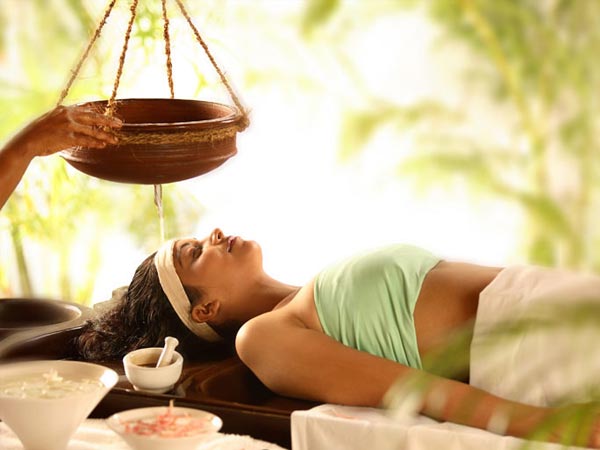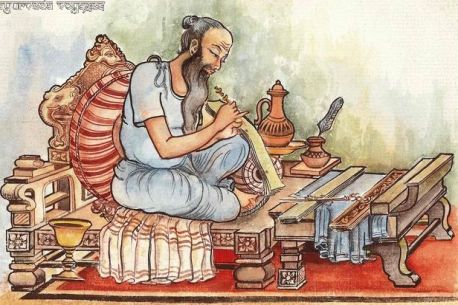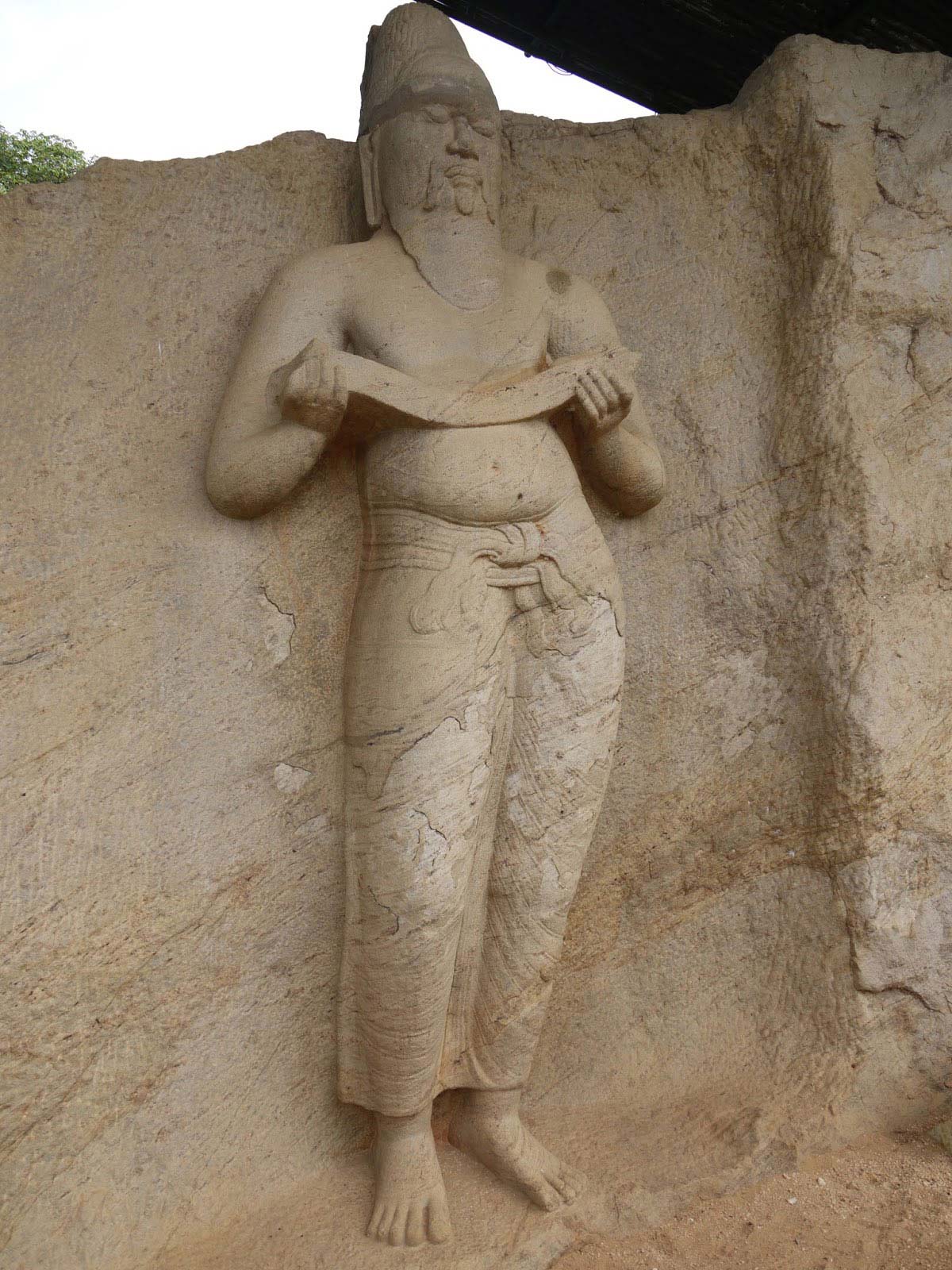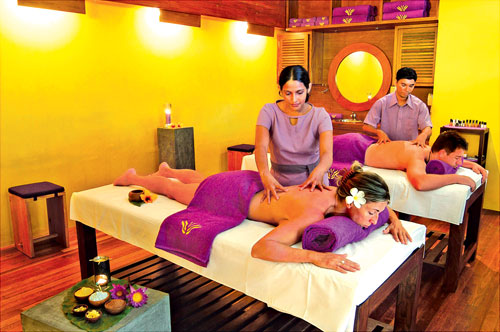
DX Holidays
Experiance True Sri Lanka
Experiance True Sri Lanka

The term "Ayurveda" is a combination of two Sanskirtwords : "Ayur" (ayuh) meaning science. It could therefore be translated into English as "science of life ". Though the term has some resemblance to the word biology the difference is apparent at the very outset. Although the word Ayurveda can be rendered into English as the "science of physical life of animals plants ", It has a much wider meaning than this. It means the science of life coupled with the science of living with greater emphasis being placed on the latter.
Ayurveda is considered the fourth in ancient medicines of the world. The oldest system was that of the Egyptians. The second place is attributed to the Jews and Chaldea and the medicine of Babylonia and Assyria is regarded as the third (Berdoe: The Origin and Growth of the Healing Art).
The origins of Ayurveda are shrouded in Indian mythology. Brahma, the Hindu God of Creation is said to have communicated this science of medicine. Historical evidence however points out to an evolutionof the basic concepts over a few centuries.

It will not be appropriate to call this independent system of medicine. It is actually a collection of prescriptions evolved in Sri Lanka itself. Thus these prescriptions do not owe their origin to the orthodox Ayurveda, as developed in India. Some of these prescriptions have been tested and found to be very effective remedies.
Sri Lanka has its own indigenous scheme of traditional medicine (Ayurveda).This system has been practised for many centuries in the island nation. The Sri Lankan Ayurvedic tradition is a mixture of the Sinhala traditional medicine, Ayurveda and Siddha systems of India, Unani medicine of Greece through the Arabs, and most importantly, the Desheeya Chikitsa, which is the indigenous medicine of Sri Lanka.


Sri Lanka developed its own Ayurvedic system based on a series of prescriptions handed down from generation to generation over a period of 3,000 years. The ancient kings, who were also prominent physicians, sustained its survival and longevity. King Buddhadasa (398 AD), the most influential of these physicians, wrote the Sarartha Sangrahaya, a comprehensive manuscript which Sri Lankan physicians still use today for reference.
Ancient inscriptions on rock surfaces reveal that organized medical services have existed within the country for centuries. In fact, Sri Lanka claims to be the first country in the world to have established dedicated hospitals. The Sri Lankan mountain Mihintale still has the ruins of what many believe to be the first hospital in the world. Old hospital sites now attract tourists, who marvel at the beautiful ruins. These places have come to symbolize a traditional sense of healing and care, which was so prevalent at that time.
Historically the Ayurvedic physicians enjoyed a noble position in the country's social hierarchy due to their royal patronage. From this legacy stems a well-known Sri Lankan saying: "If you can not be a king, become a healer." Along with Buddhism, the interrelationship between Ayurveda and royalty continues to influence politics in Sri Lanka.
Four centuries of foreign rule had led to a neglect of many aspects of indigenous culture. This was particularly true of indigenous medicine. Especially during the period of British rule allopathic medicine was greatly encouraged resulting in a decline and neglect of Ayurveda. From the second decade of the last century onwards, however there was a movement for revival. This movement came in the wake of an agitation for political independence. It derived the active support of some of the national leaders, who succeeded in enlisting the support of the administration for winning some concessions for the development of Ayurveda.
Ayurvedic programmes consist of a range of herbal treatments and various types of baths and massages, together with cleansing and revitalization techniques such as yoga, meditation and special diets.
Sri Lanka now has a number of spas, mainly on the west coast, which not only provide Ayurveda but also other Eastern and Western therapies, such as Thai massage, hydrotherapy, herbal baths, reflexology and beauty treatments. For those seeking spiritual nourishment, meditation courses are also available.
Tour packages included Ayurvedic Spa
Taste Sri Lanka (ii) , Embrace Sri Lanka , Relax Sri Lanka , Love Sri Lanka , Beach Relax Sri Lanka
